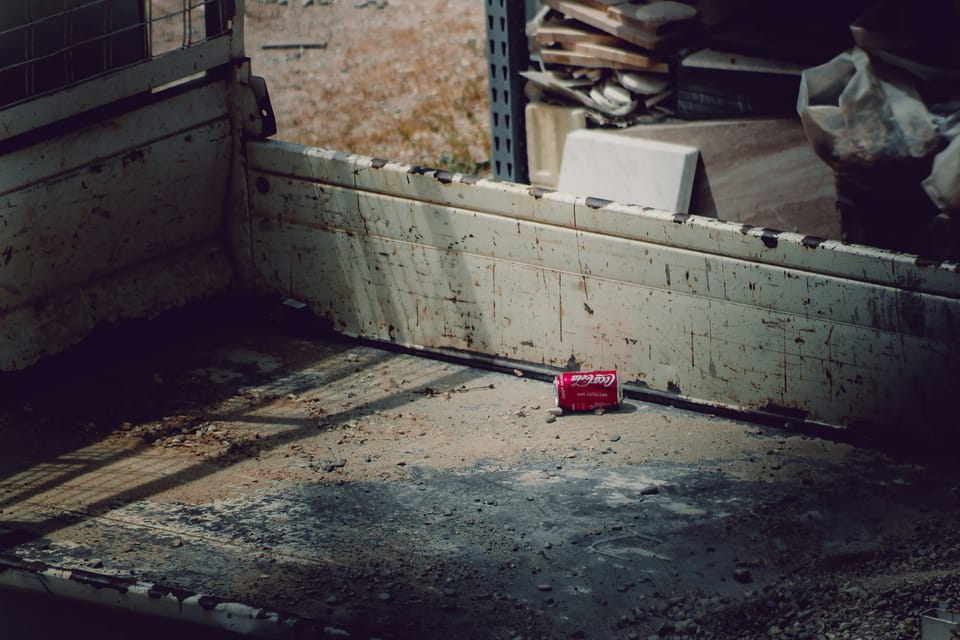Coca-Cola lowers recycling ambition and drops agriculture goal in new targets

The Coca-Cola Company has dropped its sustainable agriculture goal and reduced its packaging recycling ambition in a new set of targets for 2035.
The beverages giant prompted a wave of criticism this week when it quietly lowered its sustainability ambitions upon announcing a new round of targets.
Coca-Cola was previously aiming to use at least 50% recycled content in its packaging by 2030, but it is now targeting a 35-40% proportion by 2035 – reflecting the difficulty most companies are facing in reducing their dependence on virgin plastics.
In addition, the brand was planning to “collect and recycle a bottle or can for each one [it sold] by 2030, and had achieved a 62% collection rate in 2023. But now, it has lowered its collection ambition to just 70-75% by 2035.
Meanwhile, another clear ambition to sell 25% of all its beverages in refillable glass or plastic packaging has now been replaced by an intention “to continue to invest in refillable packaging where infrastructure already exists”.
Sustainable agriculture goal removed
In this week’s environmental targets announcement, Coca-Cola also notes that “the company will no longer have a voluntary goal on agriculture”, effectively scrapping its target to source 100% of priority agricultural ingredients – including coffee, corn, pulp and paper, soybeans and sugar – according to its ‘Principles for Sustainable Agriculture’.
The principles were introduced in 2021 and cover human rights protections, environmental management, animal health and welfare, as well as farm management. Though still far from what would be considered regenerative agriculture, they were meant to improve the ethics and sustainability of Coca-Cola’s agricultural supply chain.
As of 2023, the brand stated that 64% of its 12 global priority ingredients – with certain exclusions – were sustainably sourced in line with the principles.
Now, the company says it will seek to continue initiatives and programmes with suppliers and third-party stakeholders to support sustainable sourcing of agricultural ingredients, particularly to reduce water use and emissions, help prevent deforestation and conserve high-risk areas.
Coca-Cola seen as ‘watering down’ targets
Coca-Cola’s quiet lowering of sustainability ambition drew backlash this week, with organisations like As You Sow, an activist investor group, expressing its disappointment in the Financial Times and calling the move “devastating”.
"Coke's latest move is a masterclass in greenwashing, ditching previously announced reuse targets, and choosing to flood the planet with more plastic they can't even collect and recycle effectively. This only reinforces the company’s reputation as the World’s Top Plastic polluter,” added Von Hernandez, Global Coordinator of Break Free from Plastic.
According to the organisation, Coca-Cola’s decision to walk away from previous goals underscores the need for mandatory regulations that “hold companies accountable for the pollution they cause”.
The fact that Coca-Cola made this announcement the day after the latest Global Plastics Treaty negotiations ended without an agreement will be seen as no coincidence.







Member discussion